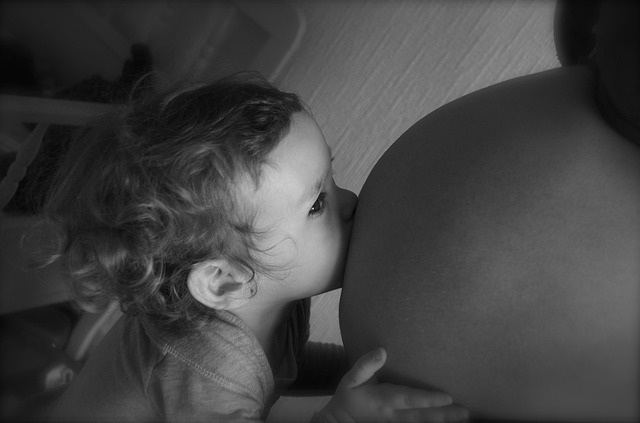Hey friends! Let’s chat about an exciting option for lesbian couples wanting to start a family: Reciprocal IVF. With advancements in assisted reproduction technology, many couples can experience the joy of pregnancy together. It’s amazing how reciprocal IVF lets both moms play a role in bringing their child into the world.
What’s Reciprocal IVF?
In a nutshell, reciprocal IVF involves one mom donating her eggs, which are then fertilized using donor sperm in a lab. The resulting embryo is implanted into the other mom’s uterus. This way, one mom contributes genetically while the other carries the pregnancy. It’s a lovely way for both partners to be involved in their child’s early life.
Success Rates
Now, let’s talk numbers! The success rates for reciprocal IVF can vary quite a bit depending on a few factors, particularly age. Here’s a quick breakdown based on data from The American Pregnancy Association:
- Under 35 years: 41-43% chance of success
- Ages 35 to 37: 33-36% chance
- Ages 38 to 40: 23-27% chance
- Over 40 years: 13-18% chance
As you might expect, egg quality tends to decline as women age, especially closer to 40. This is why we emphasize understanding age’s impact during consultations at our clinic.
Factors Influencing Success Rates
There are other things that can affect success rates, too! These include:
- Quality of the donor sperm
- Any medical conditions impacting a mom’s eggs or uterus
- Overall health and fitness
- Lifestyle choices like smoking, drinking, and diet
- Stress levels
Boosting Success
Fertility medications can help synchronize the cycles of both moms, which might increase success rates. Making some lifestyle changes before starting IVF can also be beneficial!
What If It Fails?
If a cycle doesn’t go as planned, don’t lose hope. Sometimes it’s just bad luck. It may be a good idea to try again, but multiple failures could indicate other underlying fertility issues. Our team can help assess the situation and suggest next steps.
If you’re curious to learn more about reciprocal IVF and other family-building options, reach out to our fertility specialists. LGBTQ couples are warmly welcomed!
By the way, if you want to explore more about related topics, check out our blog on pediatric multisystem inflammatory syndrome, a condition linked to COVID-19 in children.
In summary, reciprocal IVF is a heartfelt way for lesbian couples to share the journey of parenthood, with varying success rates influenced by factors like age and health. There are ways to increase chances, and support is available if you face challenges.

